Module 2: Cellular Transcriptomics
This module will introduce the analysis of single cell & spatial transcriptomics data to reveal cell and tissue specific patterns not detectable in traditional RNA sequencing data. We will get familiarity with single cell and spatial data types and their features. We will use python and R packages for hands-on analyses of single cell data, focusing on data pre-processing, normalisation, dimensionality reduction, clustering, identifying cell type markers. We will use Python to introduce machine learning concepts, common approaches, and hands-on implementation of deep learning models applied to spatial transcriptomics data.
Primary instructor:
A/Prof Quan Nguyen
A/Prof Quan Nguyen is a Group Leader at the Institute for Molecular Bioscience (IMB), The University of Queensland. He is leading the Genomics and Machine Learning lab to study cancer-immune cells at single-cell resolution and within their spatial tissue context. His research interest is about revealing gene and cell regulators that determine the tissue states of a complex cancer. Particularly, he is interested in quantifying spatial patterns of cell organisation and the screening of cell-cell interactions in undissociated tissue samples to find new gene and cell targets that can be used to improve cancer diagnosis, prognosis, and treatments.
